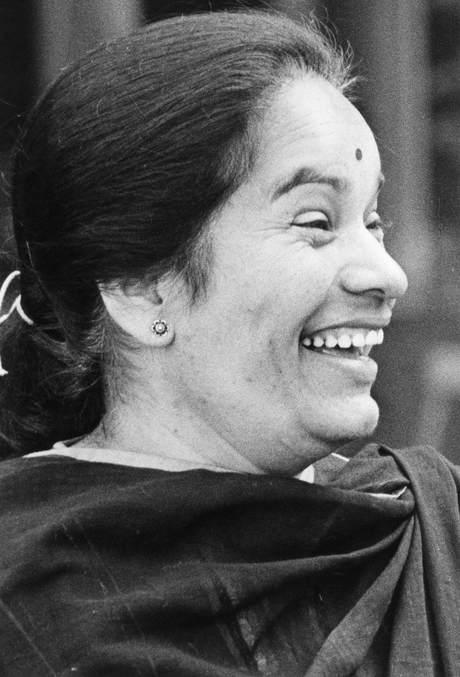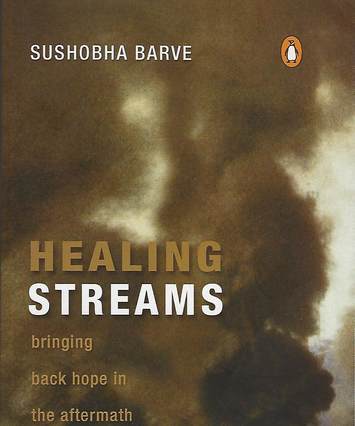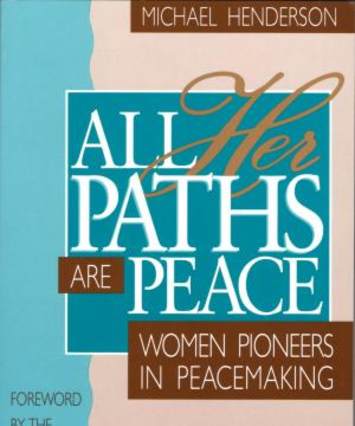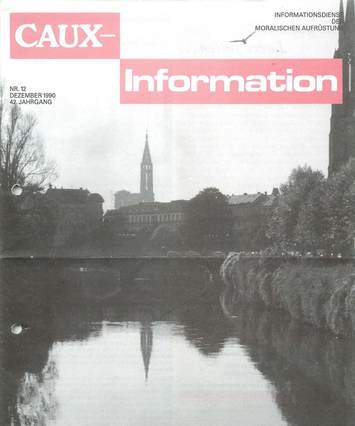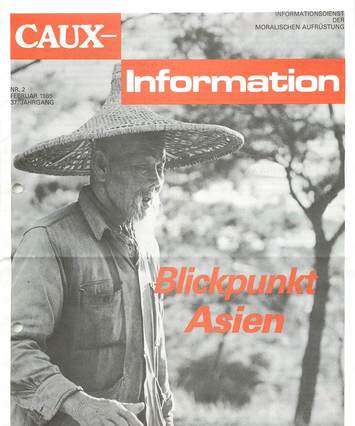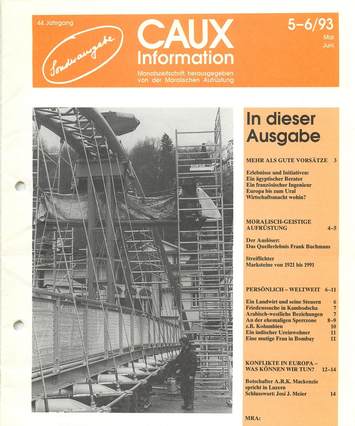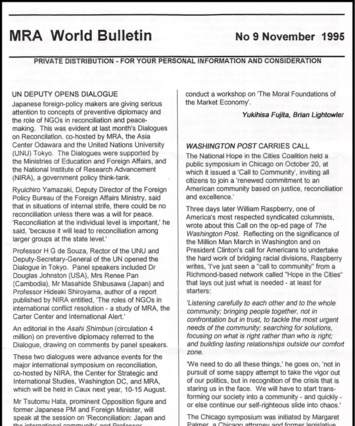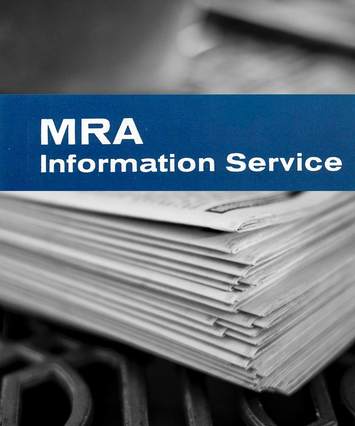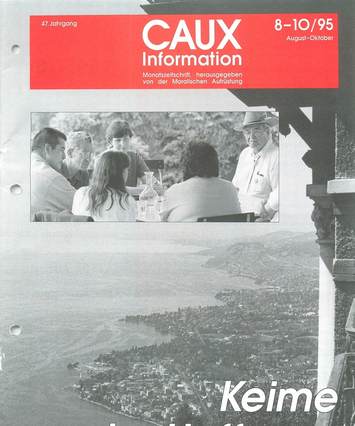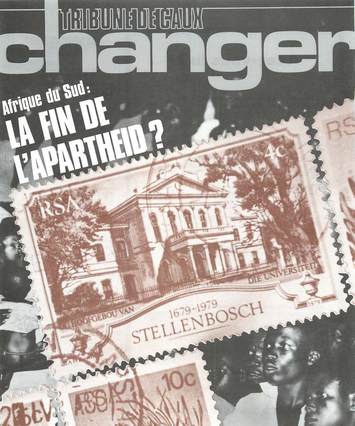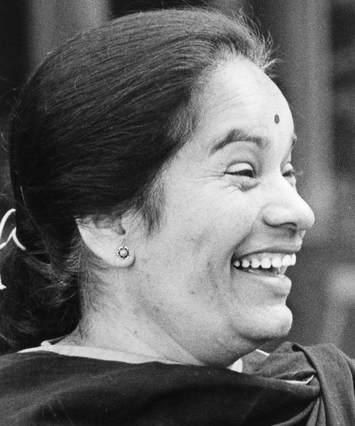Sushobha Barve was born in Mumbai. She worked with the programme for Moral Re-Armament for thirty years in different parts of India. She served on the Governor’s peace committee during the Mumbai riots of 1992-93 and was a founding member and trustee of the Mumbai Mohalla Committee Movement Trust.
Currently she is the executive secretary of the Centre for Dialogue and Reconciliation and devotes a lot of her time working in Jammu and Kashmir. She lives in Gurgaon.
For more than two decades she has been working tirelessly, often without any organizational support, to create dialogue and reconciliation in conflict-stricken areas. Her philosophy is based on the need for reconciliation, whether it is in Maharashtra, Bihar, Sri Lanka, or Jammu and Kashmir. Sushobha believes that people do not need state agencies to solve their problems.
Sushobha Barve’s lifelong work on peace and conflict resolution began with her firsthand experience of communal violence during the 1984 riots. The anti-Sikh riots (which followed the then prime minister Indira Gandhi’s assassination by her Sikh bodyguards) sensitized her to the trauma of the victims of violence, and the need to help the so-called dominant group, which inflicted the violence. But her work has not been limited to one region-wherever there is conflict, a need for peace-building and reconciliation, she is there. Sushobha has worked to create dialogue and reconciliation between Hindus and Muslims in the communal-conflagration areas of Maharashtra, like Mumbai, Bhiwandi, and Malegaon. She set up the Mumbai Mohalla Committee Movement Trust in 1992, and mobilized a citizens’ police force, which keeps communal irruptions in check. She believes that where citizens take the lead, state agencies do not need to intervene. Sushobha now spends much of her time in Jammu and Kashmir, where she has set up several innovative women’s empowerment and peace initiatives such as peace education training for teachers. She has also set up interregional, intercommunity, and intracommunity dialogue between Hindus and Muslims, and Kashmiris and residents of Jammu. For Sushobha, a single woman, working in conflict-ridden areas carries its own baggage. Most of her ventures into high-risk areas have been personally driven because organizations are unwilling to take the responsibility that attends such excursions. At the end of the day, though, Sushobha’s sensitive and democratic approach to conflict resolution has helped her reach out and build bridges where none were thought possible.
Her important book, Healing Streams was published by Penguin Books India in 2003.
See also: Centre for Dialogue and Reconciliation

